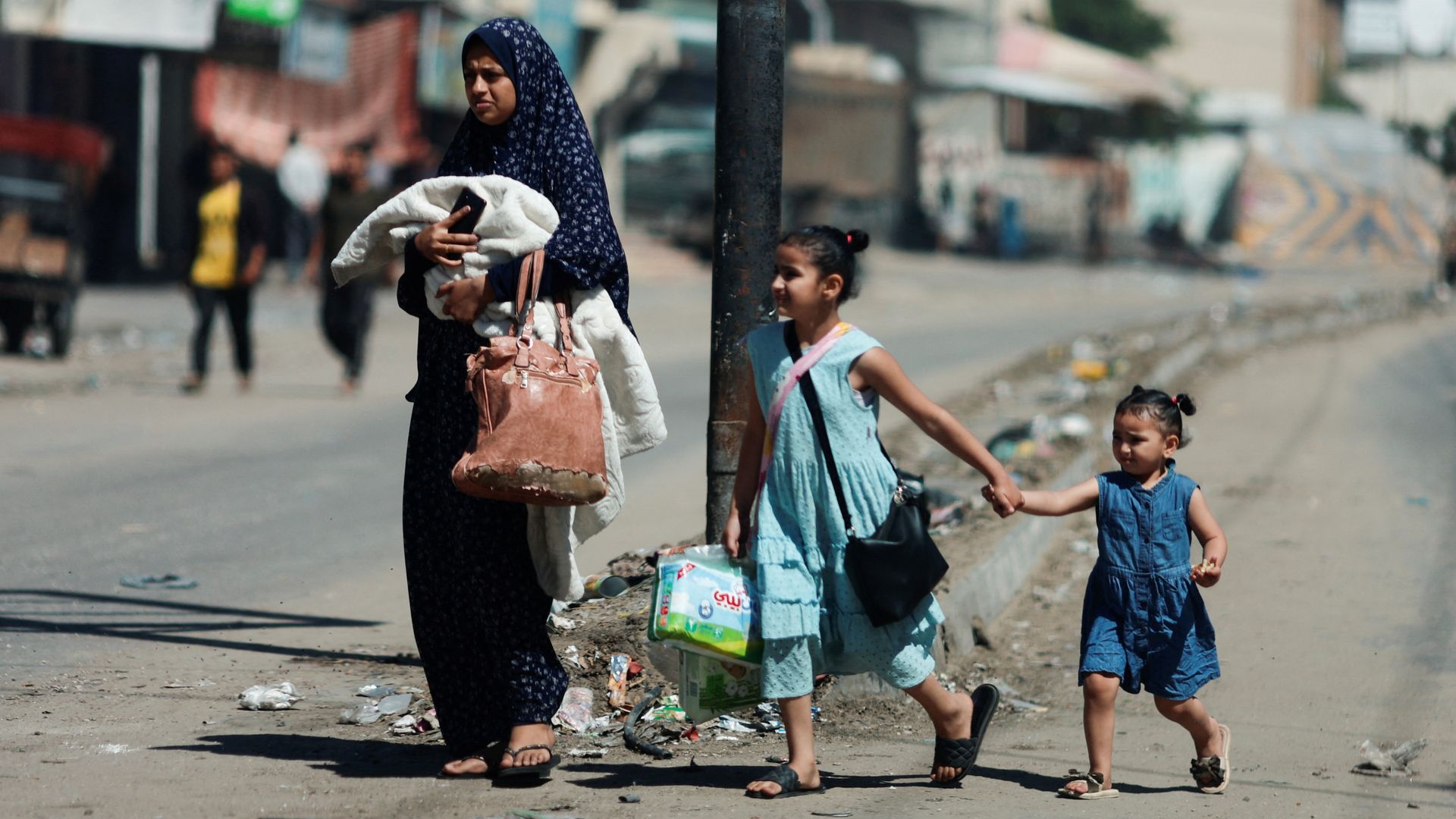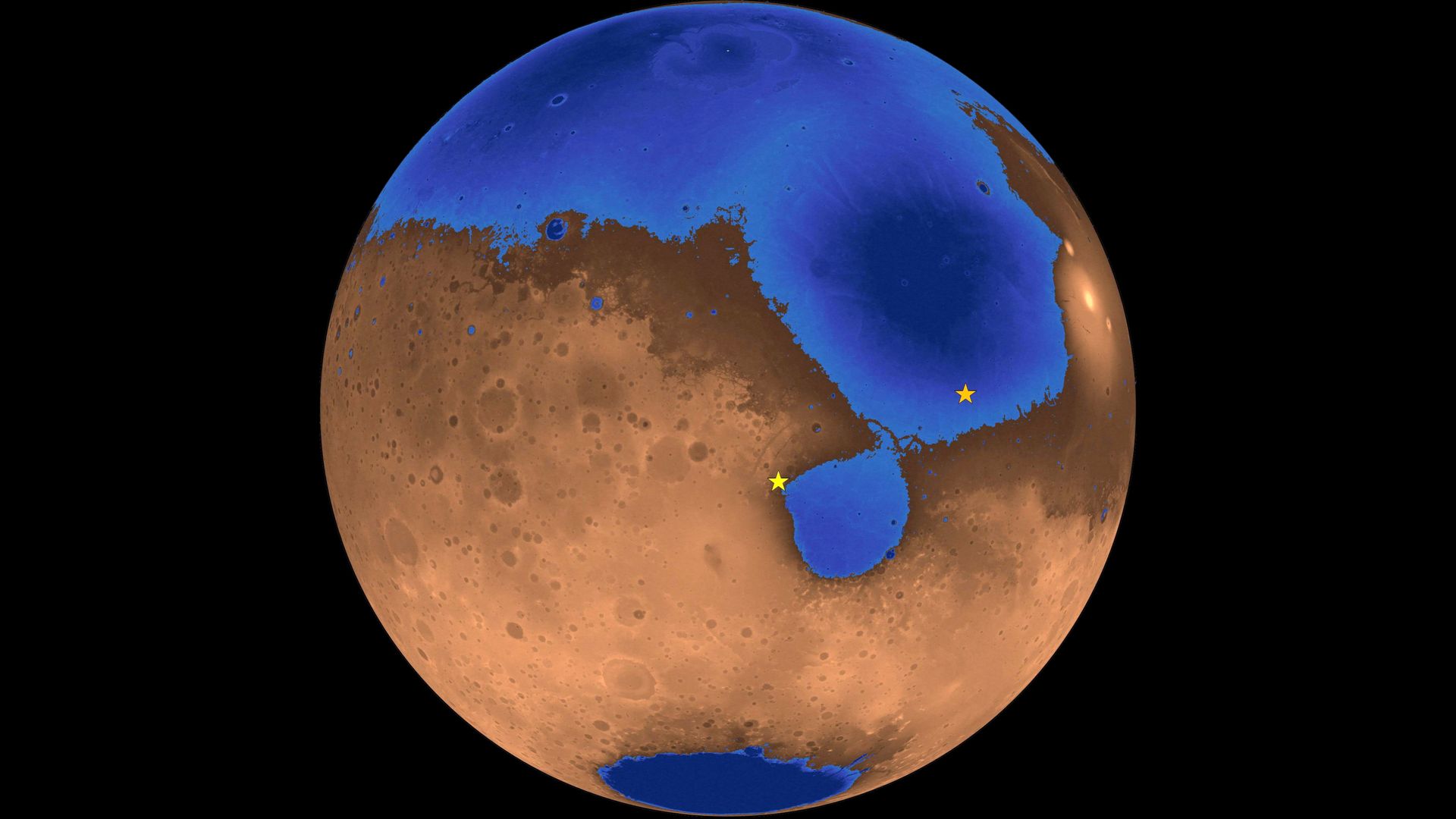Israel has told the United Nations’ top court that South Africa’s case against its military operation in Gaza “makes a mockery of the heinous charge of genocide”.
South Africa, which initiated its legal proceedings in December 2023, has accused Israel of violating the Genocide Convention as it carries out attacks on Gaza.
More than 35,000 Palestinians have been killed and over 79,000 have been wounded since the conflict began in October last year, Gaza’s Hamas-run health ministry has said.
The South African government has submitted four requests for the International Court of Justice (ICJ) to investigate Israel in relation to its actions in the Palestinian territory.
Keep up with all the latest news from the UK and around the world by following Sky News
The country says in its latest request that Israel’s ground operation in Rafah threatens the “very survival of Palestinians in Gaza”.
On Friday, the ICJ, based in The Hague in the Netherlands, wrapped up a third round of hearings on emergency measures requested by South Africa, which wants the court to order a ceasefire in Gaza.
Middle East latest: Follow live updates
Israel’s deputy attorney general Gilad Noam told a panel of 15 international judges that South Africa’s allegations of genocide are “completely divorced from the facts and circumstances”.
“Armed conflict is not a synonym of genocide,” he said.
Mr Noam also said the accusation “makes a mockery of the heinous charge of genocide”.
Israel has repeatedly denied committing genocide in Gaza, saying it does all it can to spare civilians and is targeting only Hamas militants.
“We do not wish harm to these civilians as Hamas does,” Mr Noam said, accusing the organisation of using human shields.
A protester shouting “liars” briefly interrupted the hearing as Israel defended its military operation in Gaza.
The session was paused for less than a minute while security guards escorted a woman from the public gallery.
Meanwhile, a small group of protesters had gathered outside the Peace Palace, which houses the ICJ, to demand the release of the estimated 100 hostages still held by Hamas.
Friday’s hearing came a day after South Africa told the court the situation in Gaza has reached “a new and horrific stage” and urged judges to order Israel to halt its military operations.
Israel must “totally and unconditionally withdraw” from the Gaza Strip, said Vusimuzi Madonsela, South Africa’s ambassador to the Netherlands.
Tamar Kaplan-Tourgeman, one of Israel’s legal team, has defended the country’s conduct, saying it had allowed in fuel and medication into the Palestinian territory.
“Israel takes extraordinary measures in order to minimise the harm to civilians in Gaza,” she told the court.
Israel’s delegation was noticeably smaller than during previous hearings.
Mr Noam said a number of their lawyers were not available on such short notice.
In January, ICJ judges ordered Israel to do all it could to prevent death, destruction and any acts of genocide in Gaza, but the panel stopped short of ordering an end to the military offensive.
Read more:
Starving Gaza children dying ‘the size of a skeleton’
Israeli protesters block aid going into Gaza
Temporary pier to boost aid to Palestinians completed
Please use Chrome browser for a more accessible video player
The court has already found that there is a “real and imminent risk” to the Palestinian people in Gaza due to Israel’s military operations.
ICJ judges have broad powers to order a ceasefire and other measures, though the court does not have its own enforcement apparatus.
A 2022 order by the court demanding that Russia halt its full-scale invasion of Ukraine has so far gone unheeded.
Most of Gaza’s population of 2.3 million people have been displaced since fighting began.
The war began with the Hamas attack on southern Israel on 7 October in which Palestinian militants killed around 1,200 people and took about 250 hostages.
Be the first to get Breaking News
Install the Sky News app for free
South Africa sees its legal campaign as rooted in issues central to its identity.
Its governing party, the African National Congress, has long compared Israel’s policies in Gaza and the occupied West Bank to its own history under the apartheid regime of white minority rule, which restricted most black people to “homelands”.
Apartheid ended in 1994.





